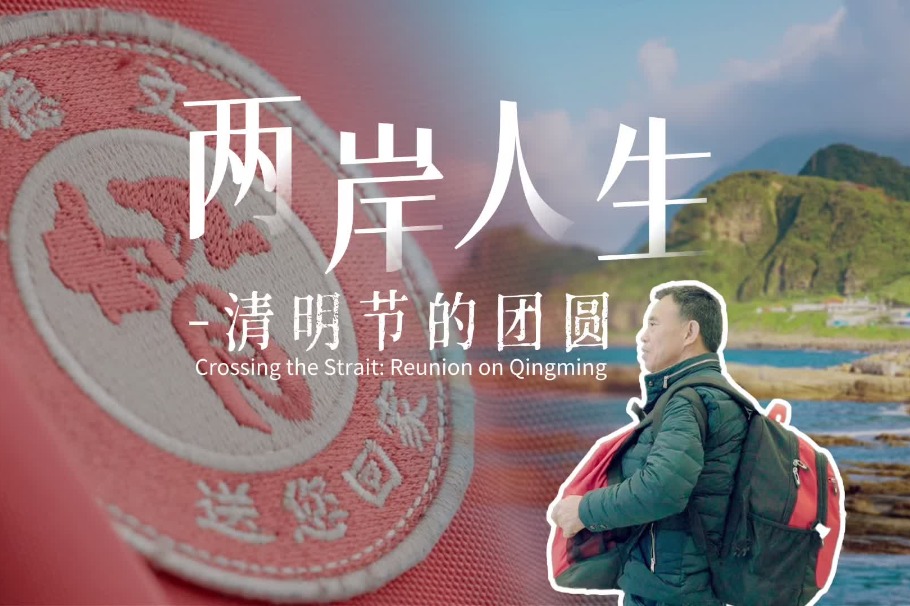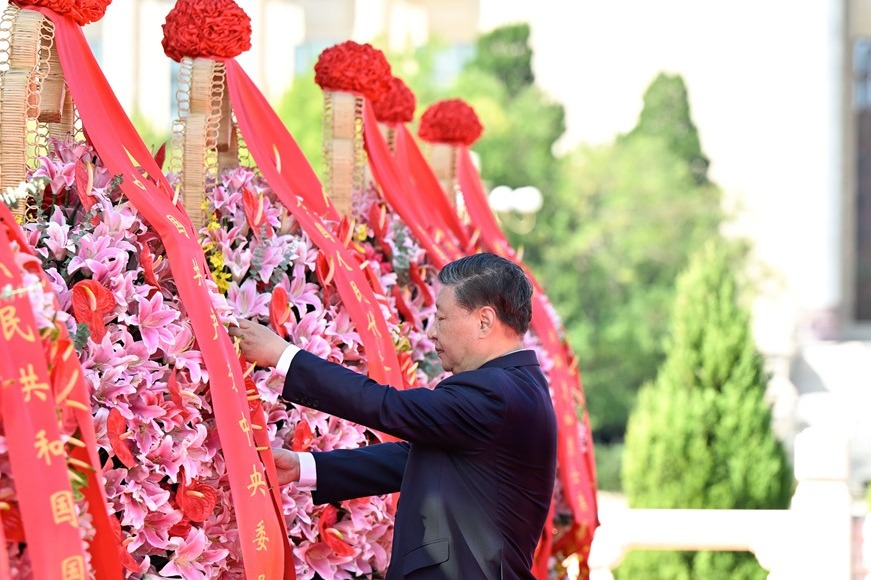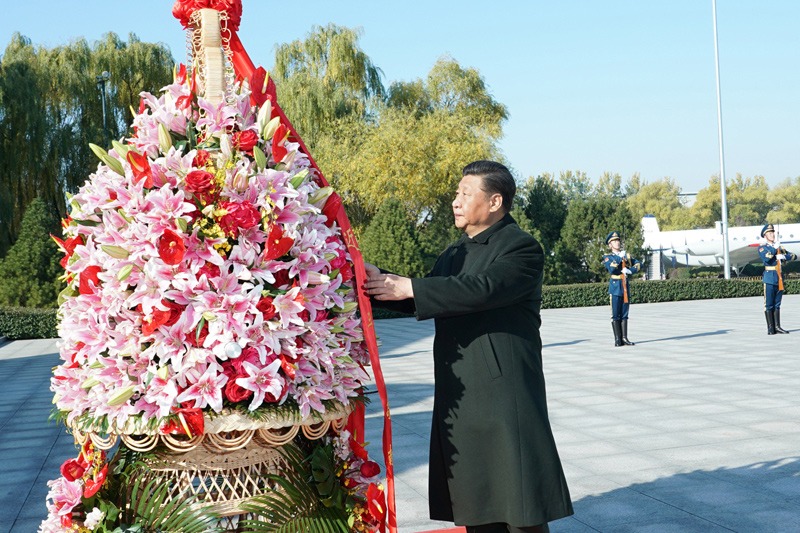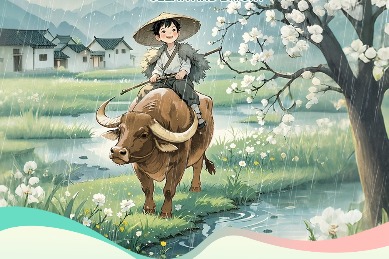Xiplomacy: Why inter-civilization dialogue crucial for a changing world

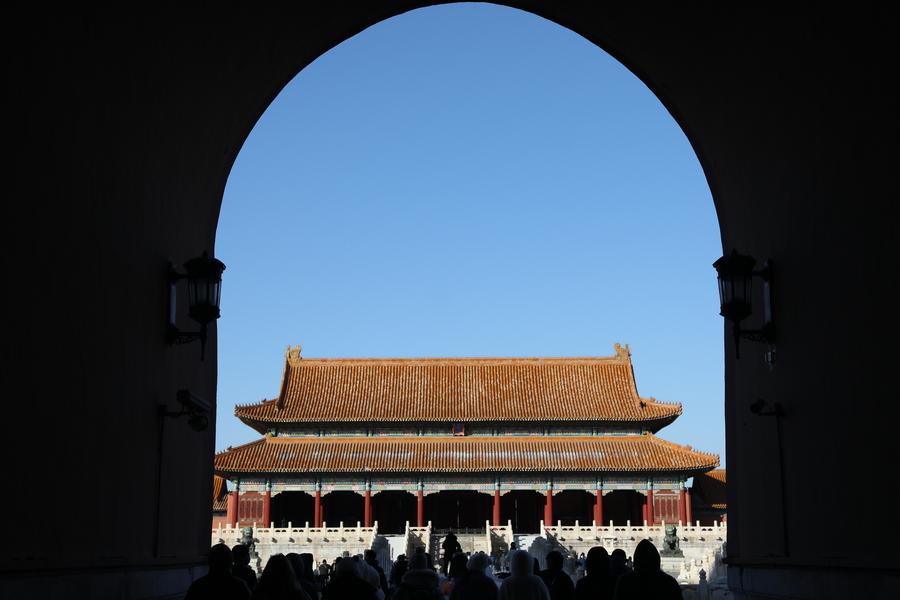
BEIJING -- In the coming months, China's Forbidden City and the Palace of Versailles of France will be holding a joint exhibition here in Beijing, a widely-anticipated event for visitors to delve into the rich histories and cultures of the two countries known for their profound civilizations.
The exhibition features almost 150 treasured collections from the two world-renowned museums. It is a part of this year's serial activities of cultural exchanges as 2024 marks the China-France Year of Culture and Tourism and the 60th anniversary of China-France diplomatic ties.
The joint effort by Beijing and Paris to promote cultural exchanges bears global significance. The world today is riddled with all kinds of overlapping chaos and conflicts, and a deeper and more comprehensive understanding worldwide is key to their ultimate settlement.
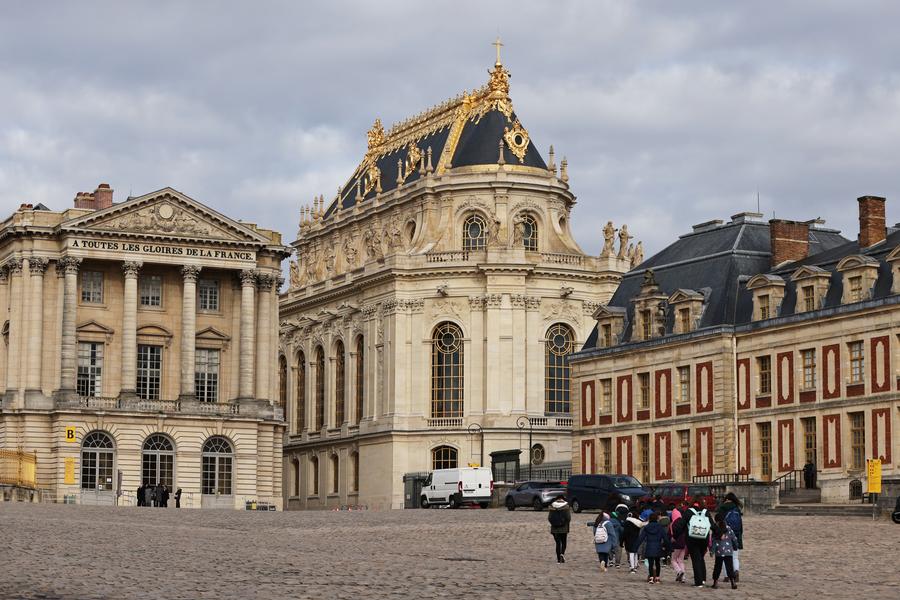
AN ESSENTIAL PROPOSAL
Exactly a year ago, Chinese President Xi Jinping put forward the Global Civilization Initiative (GCI).
In his speech addressing a dialogue between the Communist Party of China and other world political parties via video link in March 2023, Xi explained why he proposed the GCI: "As the future of all countries is closely connected, tolerance, coexistence, exchanges and mutual learning among different civilizations play an irreplaceable role in advancing humanity's modernization process, and making the garden of world civilization flourish."
The initiative, as Xi pointed out in his speech, advocates the respect for the diversity of civilizations, the common values of humanity, the importance of inheritance and innovation of civilizations, as well as robust international people-to-people exchanges and cooperation.
Throughout human history, civilizations, both oriental and occidental ones, marched forward by learning from each other. During the Graeco-Arabic translation movement, which had run for some two centuries since 750 AD, a profusion of enlightening works by ancient thinkers like Aristotle and Plato were translated from Greek to Arabic, thereby preserving the old wisdom from perishing with the fall of the Roman Empire, and enabling the European cultures in later times to revive in the Renaissance.
The Four Great Inventions, which originated in China, also helped set the stage for the Renaissance to occur, and usher in the Age of Sail after they were relayed to Europe. As Francis Bacon, a British philosopher, has observed, "Printing, gunpowder and the compass ... whence have followed innumerable changes, in so much that no empire, no sect, no star seems to have exerted greater power and influence in human affairs than these mechanical discoveries."
With a deeper consciousness of the power of inter-civilization dialogue, former Greek President Prokopis Pavlopoulos, opined, "We are living in an era in which, mainly due to the distorted use of certain aspects of technological development and economic globalization, we find ourselves, more and more often, in front of hybrids of war and peace."
"Therefore ... we must intensify the dialogue of civilizations," he said.
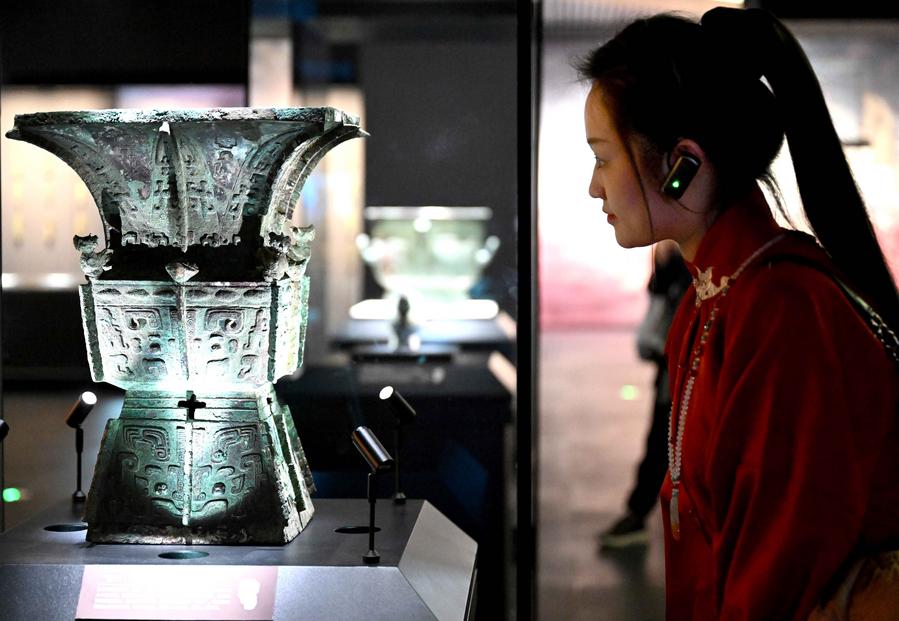
ALL CIVILIZATIONS ENTITLED TO MODERNIZATION
In Xi's eyes, each civilization "embodies the wisdom and vision of a country or nation, and each is valuable for being uniquely its own."
As China is advancing on its own path to modernization with high-quality development, its ample cultural heritage plays an indispensable role.
The Chinese modernization, as has been elaborated, is the modernization of a huge population, of common prosperity for all, of material and cultural-ethical advancement, of harmony between humanity and nature, and of peaceful development. These features can find reflections in traditional Chinese culture.
Take its emphasis on humanity and nature harmony. The Chinese culture is consistent with the age-old tenet of the Chinese that humans are an integral part of nature, and all living creatures grow together without harming each other. Those ancient creeds shed light on why China has exerted tremendous efforts in green transition.
While many countries in the developing world are looking to draw on China's experience on poverty reduction and socioeconomic development, they are also inspired by its determination to explore a modernization paradigm other than by way of Westernization.
Chea Munyrith, president of the Cambodian Chinese Evolution Researcher Association, said finding the right path for one's own country requires combining one's own historical and cultural traditions with the practical requirements of modern development.
The Africans are also exploring their own path of development. The continent, which is rich in natural resources and boasts a huge population as well as an expansive market with great potential, now faces a demographical challenge. The United Nations projected that Africa will be home to at least 25 percent of the world's population in 2050, and half of that population will be less than 25 years old, hence greater demands for education, jobs and food.
With the Ubuntu philosophy, a cultural tradition that emphasizes the interconnectedness of all individuals and their responsibilities towards each other, the Africans are managing to come together for shared development. The African Continental Free Trade Area, the world's largest free trade area, now brings together the 55 countries of the African Union to create a single market for the continent.
Individual African nations are also embarking on their own programs. The South African government in 2020 proposed the Economic Reconstruction and Recovery Plan. The plan, according to South African President Cyril Ramaphosa, is designed to build a new economy, with the aims of creating jobs primarily through aggressive infrastructure investment and mass employment programs, reindustrializing the economy, fighting crime and corruption, and improving the capability of the state.
Zimbabwe has proposed in its Vision 2030 to achieve an empowered and prosperous upper middle-income society by 2030. Ethiopia, inspired by the East Asian "tiger economies," put forward its "developmental state" concept, focusing on exploring its own way of a state-led economy.
If there is a Chinese way (of modernization), then there must be a Nigerian way, a South African way, said Charles Onunaiju, director of the Center for China Studies in Nigeria.
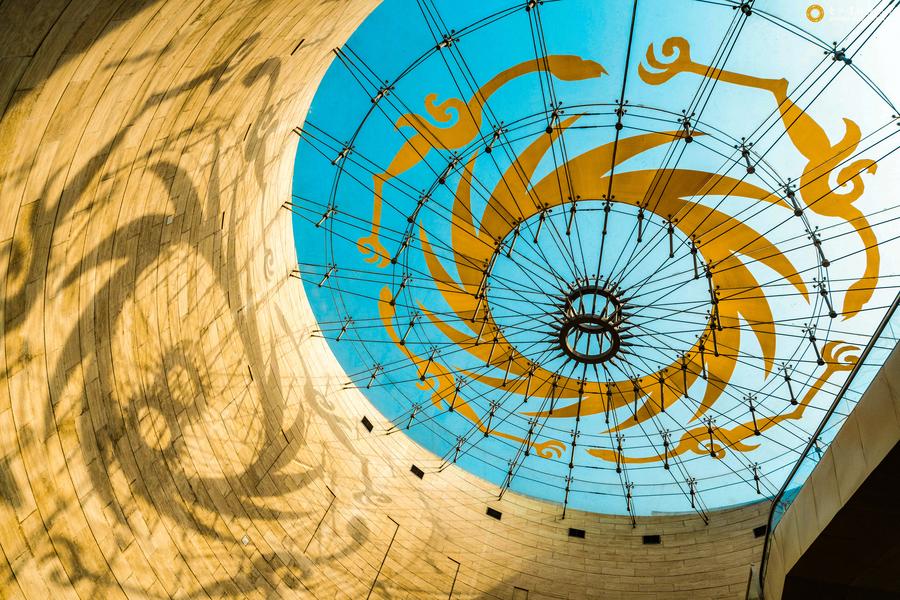
FROM DIVERSITY TO MULTIPOLARITY
As the Global South countries are rising collectively, the world is undergoing an unprecedented shift to multipolarity. Those emerging economies, with diverse cultural traditions, represent 85 percent of the world's population and nearly 39 percent of global economic output.
And on the world's hotspot issues like the protracted Ukraine crisis and the still-raging Palestine-Israel conflict, they have their distinctive points of view. As British scholar Martin Jacques has argued, the Global South needs the right of their civilizations to be heard and represented.
The GCI, he wrote, "seeks to de-center the idea that Western civilization is somehow universal, and instead recognize and legitimize the enormous richness and diversity of humanity's many civilizations."
Nasser Abdel-Aal, a China expert and professor of the Chinese language at Egypt's Ain Shams University, said the Chinese thoughts rooted in an ancient civilization have contributed to a new world order based on equality, justice, diversity, cooperation and win-win.
Over the years, China has been working with countries worldwide to build bridges of communication and cooperation, as by holding such dialogues as the Conference on Dialogue of Asian Civilizations and the China-Central Asia Cooperation Forum, and bringing together its Belt and Road partners for common development. Last year, with unremitting efforts, Beijing managed to broker a deal between Saudi Arabia and Iran to restore diplomatic relations, bringing a tint of harmony and peace to the landscape of the Middle East.
"History has shown that humanity only thrives when different civilizations can live together peacefully, harmoniously and in dialogue," argued Sebastian Schulz, a researcher at the National University of La Plata in Argentina.
"Each civilization is unique and no civilization is superior to any other, therefore each civilization has excellent contributions to share with the rest of civilizations," Schulz said.













